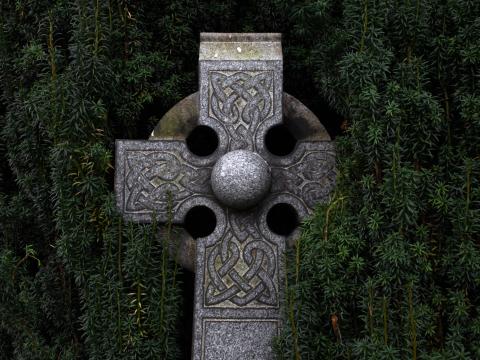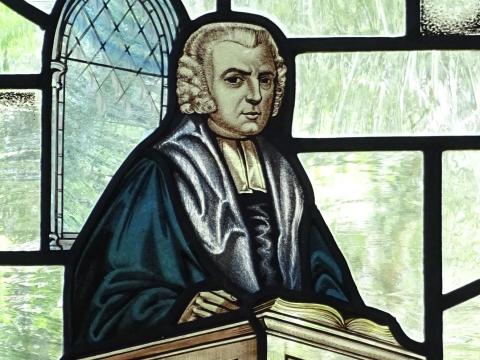Lessons from the Front Lines of the B.C. Floods
The atmospheric river that came was truly an inundation. Torrential rain for days caused mudslides, rivers to swell and burst their banks, roads and bridges to dissolve into nothing, and waters suddenly rising to dangerous levels and consuming homes, farms, and land. As the news steadily poured in of this terrible disaster in my province, the nearby community of Abbotsford was the hardest hit.
Read more











